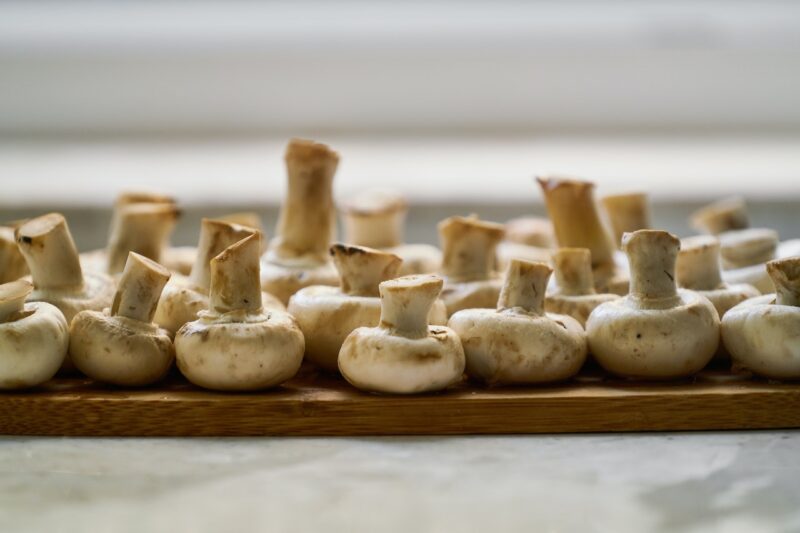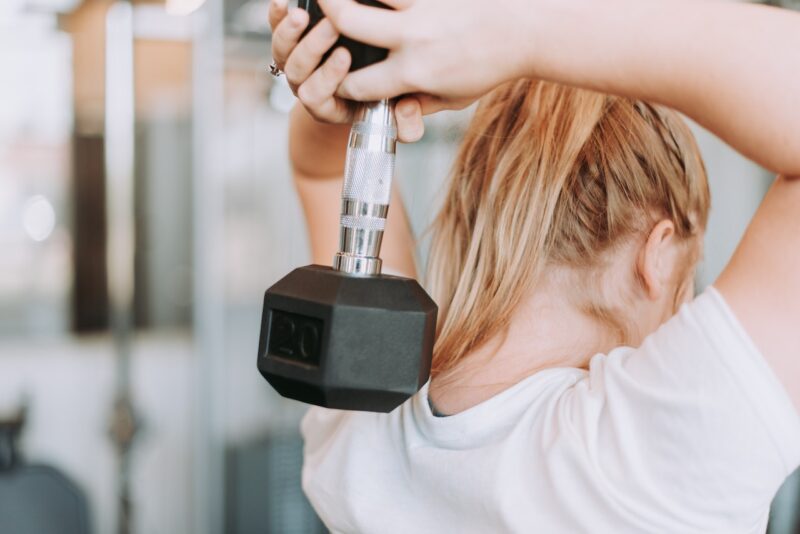As restrictions are lifted bit by bit and the country begins to reopen, many will be eager to return to their old routines – but, says clinical nutritionist Suzie Sawyer, adjusting to life after lockdown might not be as easy as it sounds. Here she shares her five tips to maintain good health and manage stress levels after lockdown.
Keep your vitamin D levels up
 Due to the increased time many people have been spending indoors, the Government has advised that everyone should take a daily vitamin D supplement of 10 micrograms, to ensure they are getting enough of this nutrient.
Due to the increased time many people have been spending indoors, the Government has advised that everyone should take a daily vitamin D supplement of 10 micrograms, to ensure they are getting enough of this nutrient.
Once lockdown has been lifted and people are allowed to spend increased amounts of time outside, it’s still important to keep taking a supplement to keep those vitamin D levels topped up, to help safeguard against deficiency.
Protect yourself from the sun
 People staying inside won’t have gained the usual, gradual build-up of sun exposure that usually happens during the spring and early summer, and so extra care should be taken to protect the skin from the effects of UV rays.
People staying inside won’t have gained the usual, gradual build-up of sun exposure that usually happens during the spring and early summer, and so extra care should be taken to protect the skin from the effects of UV rays.
Sunburn can happen even when it’s cloudy, so it’s important to carry out sun safety measures when UV levels are high to limit the risk of getting burned. It’s advisable to expose the forearms, hands or lower legs to the sun without sunscreen for a short time to give skin the opportunity to synthesise vitamin D, but after ten to 15 minutes you need to apply sunscreen to avoid sunburn.
However, you must not rely solely on sunscreen to protect yourself from the sun. Other sun safety tips include covering up with suitable clothing and sunglasses and spending time in the shade, especially between 11am and 3pm.
Using a sunscreen with at least 30SPF can help to protect against UVB rays. Carotenoids have been found to provide sun protection factor of between two and four when taken in supplementary form, and this can last long term for eight weeks or more. These can be found naturally in colourful foods that are red, yellow or orange such as carrots, sweet potatoes, peppers and oranges.
Re-focus on food
 Lockdown has meant that the nation has formed many new eating habits and many people have found themselves having more time to prepare home cooked meals and to experiment with new recipes with their family. Being indoors with food more readily available might have led to frequent snacking and a level of ‘comfort eating’.
Lockdown has meant that the nation has formed many new eating habits and many people have found themselves having more time to prepare home cooked meals and to experiment with new recipes with their family. Being indoors with food more readily available might have led to frequent snacking and a level of ‘comfort eating’.
Once lockdown is lifted, some may find that life once again becomes hectic. It’s easy to fall back into old habits and become reliant on convenience food that is quick and easy to prepare in between the school runs or working.
Healthy meals can be quick and easy to prepare and, if you’re struggling for inspiration, there are plenty of social media accounts or blogs with interesting ideas to help you and your family get more involved in preparing and cooking healthy meals.
Keep calm and carry on
 Adjusting to life after lockdown may create unwanted stress, causing bad sleeping habits and not enough rest. Keeping stress levels down can be done naturally by getting an adequate amount of sleep and taking some time out of your day to practice self-care.
Adjusting to life after lockdown may create unwanted stress, causing bad sleeping habits and not enough rest. Keeping stress levels down can be done naturally by getting an adequate amount of sleep and taking some time out of your day to practice self-care.
In order to help manage stress natural, herbal teas can be used for keeping calm and reducing anxiety. With a long history of being used to support stressful times, there are a number of herbal products that help to soothe, including chamomile tea. Other notable herbal products to try are those containing lavender, passiflora and hops.
Other natural forms to help manage stress can be found in B vitamins. Research has shown that intakes often fall when people lack motivation to cook and prepare healthy meals. Foods rich in B vitamins include legumes, wholegrains, meat, eggs and dairy products.
Get back to the gym
 For a lot of people, going back to gyms (once they’re permitted to reopen) to work out will be welcomed, but it should be done with caution, and when it’s safe to do so with social distancing measures in place. Take it slow and steady to allow your body to get used to your old workout routine to safely avoid injury.
For a lot of people, going back to gyms (once they’re permitted to reopen) to work out will be welcomed, but it should be done with caution, and when it’s safe to do so with social distancing measures in place. Take it slow and steady to allow your body to get used to your old workout routine to safely avoid injury.
For extra nutritional support while working out, there are many supplements that you can consider, such as a multi-nutrient for all-round nutritional support, B vitamins to help energy production and antioxidant minerals. Vitamin D supplementation is also important for bone and muscle health, as well as supporting immune function.
Collagen is great for muscle recovery after long periods of exercise and is also important for helping to maintain healthy joints and ligaments. Vitamin C is important for collagen formation, so this nutrient is also essential for the health of the joints, muscles, tendons and ligaments.
Electrolytes are another useful way to support your training regime. These work by replacing the water and electrolytes that you lose when sweating during physical activity, giving you the essential nutrients such as sodium, chloride and potassium, which your nerves and muscles need to function healthily.





